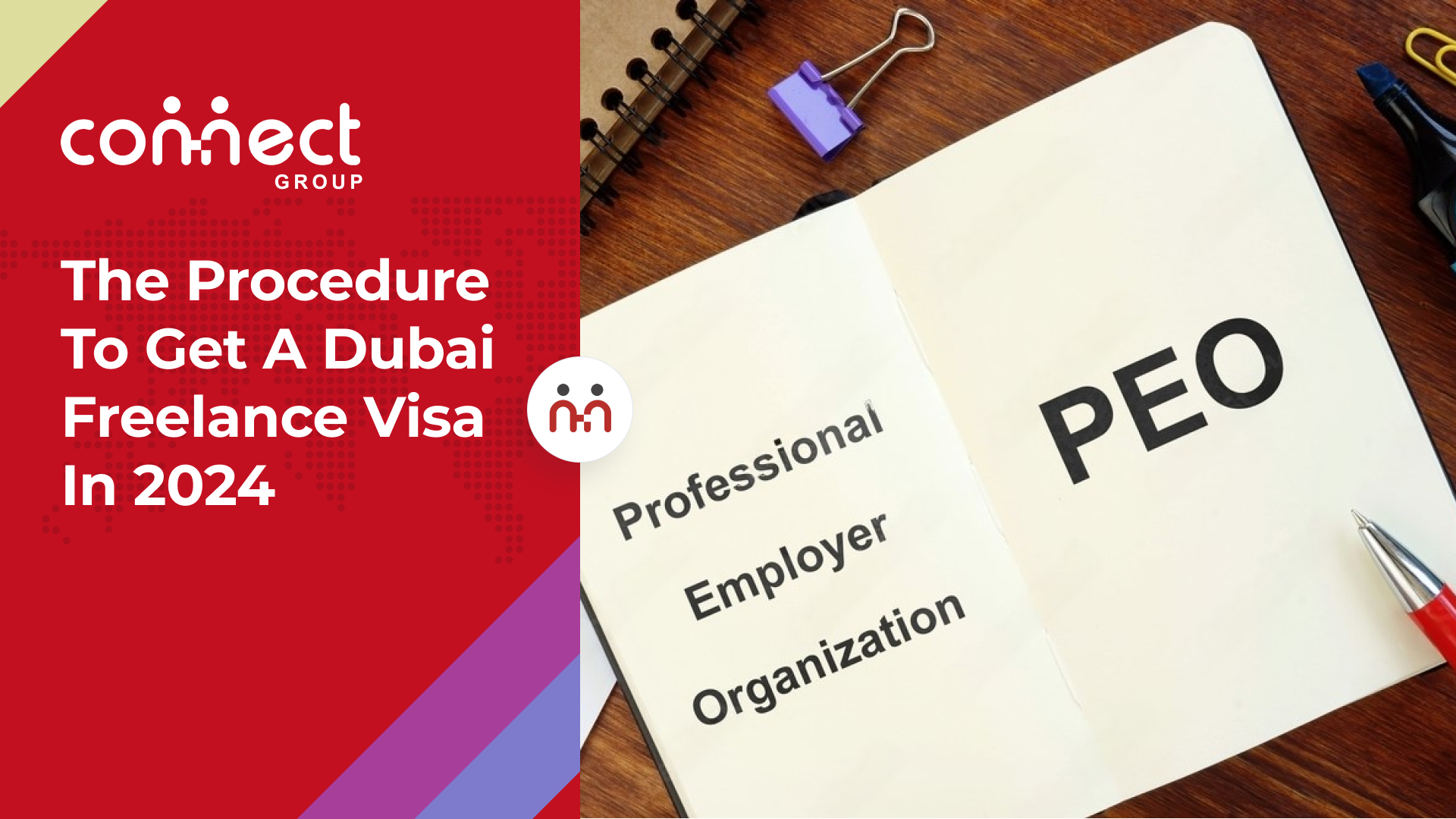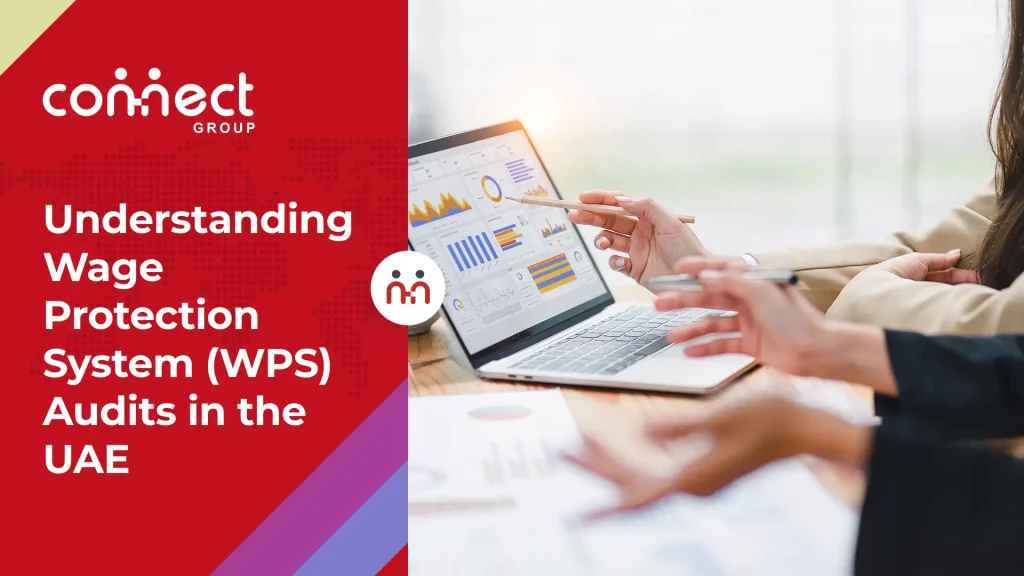Table of Contents
ToggleOverview of PEO Services
In the Middle East, businesses are leveraging PEO services to streamline their business processes. From payroll process to leveraging cloud-based HR software, companies are now depending on PEO services to do the task on their behalf. It enables them to focus on their core business areas while their business processes are managed by others. It also aids them in saving cost and time. The talented and capable team of experts carry out business tasks is one of the advantages that PEO offers to businesses. However, it’s essential to know the legal and regulatory aspect before start using PEO services of any PEO service provider in Dubai
Legal Foundations of PEO Service
Professional employer organizations commonly known as PEO can offer a greatest solution that provides support with the United Arab Emirates Labor and Employment Laws. Any data related to state, federal, and industry-specific laws, you will get the help from PEOs. The PEO service is very beneficial with regulations and laws that are constantly changing.
You can be affected by penalties, fines, loss of company reputation, and high worker turnover for violating laws in the United Arab Emirates. But having PEO’s back you can assure that your business has adapted all current laws
Employment Laws and Regulations

It is mandatory that employment contracts must comply with employee visa sponsorship. This employment contract is standard for companies hiring employees in the UAE.
The employment must indicate:
-
- The employee’s rate of compensation
- Benefits
- Job responsibilities, and
- Any protocols around termination.
In some cases, default laws will apply on employees as well beside the fact what law is following currently in employment contract. However, the default rules can be avoided but it is mandatory to make it clear and specific in a contract. As a foreign business owner, ensure to utilize employment contracts that comply with local labor laws.
Regulations and Tax Laws
The PEOs tax laws in the Middle East can vary depending on area to area. Here’s an overview of some key considerations:
Corporate Taxes: The PEO services operating in the Middle East are typically handling corporate income tax. The tax rates and applicable regulations vary by country. It is necessary to understand that there is no corporate income tax at the federal level but individual emirates may impose certain taxes on businesses.
(VAT) or Value Added Tax: Middle East countries such as the:
-
- UAE
- Saudi Arabia
- Bahrain, and others, have implemented VAT systems. By law, the PEOs are required to register for VAT. VAT rates may vary by country.
Withholding Taxes: Some Middle East countries impose withholding taxes. On behalf of their client or to ensure compliance, PEOs may need to withhold taxes.
Social Security Contributions: Employers are required to contribute to social security or pension schemes on behalf of their employees in some countries. For this, the PEOs need to comply with social security regulations
Employment Taxes: In the Middle East, employers are subject to various employment taxes, such as payroll taxes or government-managed funds. PEOs as a responsible service provider must understand and comply with these tax obligations.
Obligations and Agreements
There are several key obligations and agreements that both the PEO and its clients enter into. These help define the responsibilities, rights, and expectations of each party involved. We are sharing some common obligations and agreements:
Service Agreement: Service agreement is the primary contract between the PEO and its client. It outlines the scope of services to be provided by the PEO including HR outsourcing, payroll processing, employee benefits administration and others
Employment Agreement: PEOs often enter into employment agreements with the employees working in the companies. It outlines the terms and conditions of employment, including:
-
- Job responsibilities
- Compensation
- Benefits
- Termination procedures
- Confidentiality obligations, and others
Confidentiality Agreement: According to this agreement, the PEO and its clients must be aware of the sensitive information about each other’s business operations, employees, and other confidential data. It is also called an NDA or non-disclosure agreement. It helps in protecting the information from being misused.
Compliance Agreement: To ensure compliance with labor laws and tax regulations, it is the PEO’s responsibility on behalf of their clients. A compliance agreement must specify the PEO obligations and it’s clients regarding the regulation
SLA or Service Level Agreement: The PEO’s performance standards, and metrics, benchmarks must meet in delivering its services
Regulatory Compliance Challenges
Regulatory compliance is a most important aspect of PEO in the Middle East. Several challenges may arise, we discuss them in detail
Labor Laws and Regulations: The Middle East has diverse labor laws and regulations that vary from country to country. PEOs must know the complexities to ensure compliance with all employee related issues.
Immigration and Work Permits: Many countries in the Middle East have strict regulations regarding employment. PEOs help in ensuring foreign employees to have the necessary documents to legally work in the UAE
Tax Compliance: It is essential that PEOs must accurately calculate all taxes while complying with tax obligations.
Cultural Sensitivities: In the Middle East, every cultural norm influences employment relationships and HR policies. The PEOs need to be sensitive to cultural differences while making sure that their practices align with local customs.
Data Protection and Privacy Laws: Data protection are important nowadays due to the increasing of digitalization of HR processes in the Middle East. It is mandatory that PEOs must comply with data protection regulations when handling with data of any type,
PEO Certification and Accreditation
A certificate is granted to businesses that guarantees double IRS taxation. To become certified, the PEOs must jump through hoops for an IRS certification. According to this, it must prove that the business is complying with tax while providing extensive information on financials and other background information like criminal background.
Risk Management and Legal Liability
For the PEO Middle East, risk management and legal liability are significant considerations. The PEOs must ensure compliance with local labor laws, tax regulations, and other legal obligations. In case of failure to comply with regulatory requirements can result in penalties,
The PEOs enter into contracts with both clients and employees. The PEO plays an important role to avoid contractual disputes, breaches, or ambiguities by clearly communicating at the time of contract. In case of no negligence, PEO will face the consequence in the form of legal liabilities
On the other hand, PEOs may face legal claims related to employment practices based on discrimination, harassment, and wrong employee termination. The insurance company such as EPLI can provide coverage for such claims
Additionally, the PEOs HR outsourcing services are responsible for handling employee data. In case of any negligence will result in legal liabilities.
The PEO will also be held responsible for misclassification of workers and it can lead to legal liabilities, including back taxes, penalties, and claims for unpaid benefits etc
Emerging Trends and Future Outlook
As the growing need of digitization in the Middle East, businesses nowadays leverage their HR tasks to cloud-based HR softwares rather than traditional HR. It streamlines the recruitment processes effectively which save time, money and energy while businesses can have more time to focus on their core business areas. Employers are expanding their offerings to include talent management, recruitment process outsourcing (RPO), and employee training and development under professional employer organization
Conclusion
In conclusion, professional employer organizations (PEO) are aiding organizations in the Middle East in many aspects. However, there are several legal and regulatory considerations that are needed to address when leveraging PEO to stream your business tasks. Failure to comply with any of the obligations will result in severe consequences. So, employers need to make sure that they must comply with all the laws and regulations when utilizing PEO. There are many PEO service companies offering PEO services. This article is the perfect guide to help you understand. Need to hear more on PEO? Contact Connect Group, your PEO service provider in Dubai!




